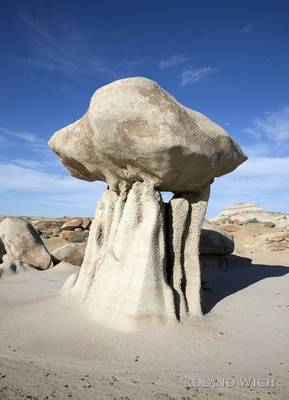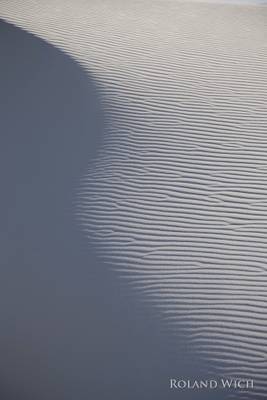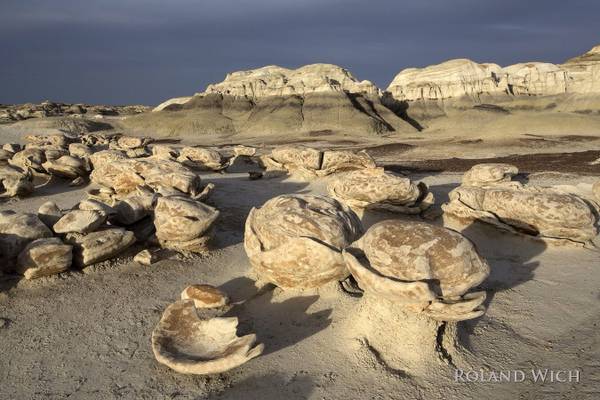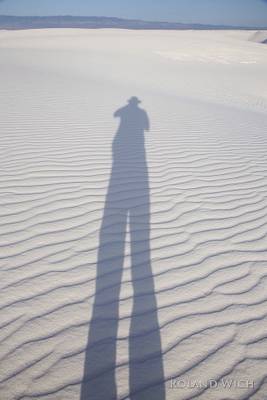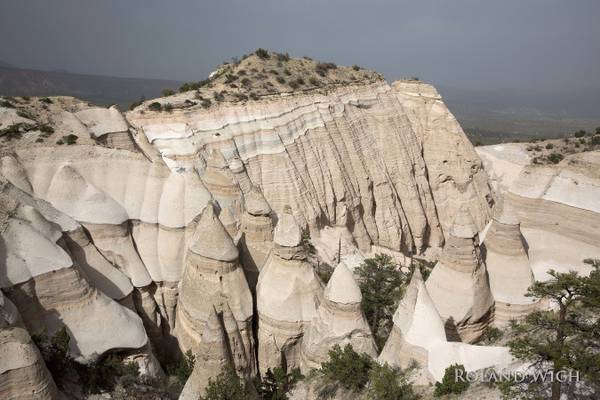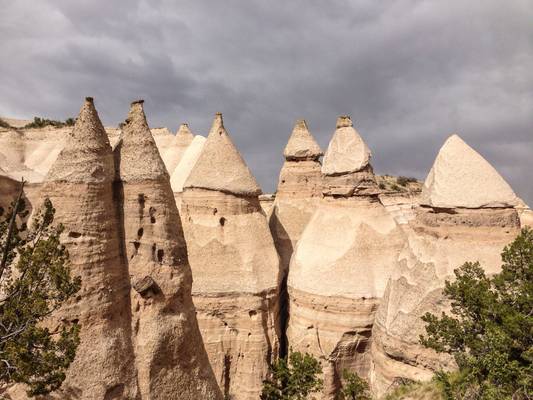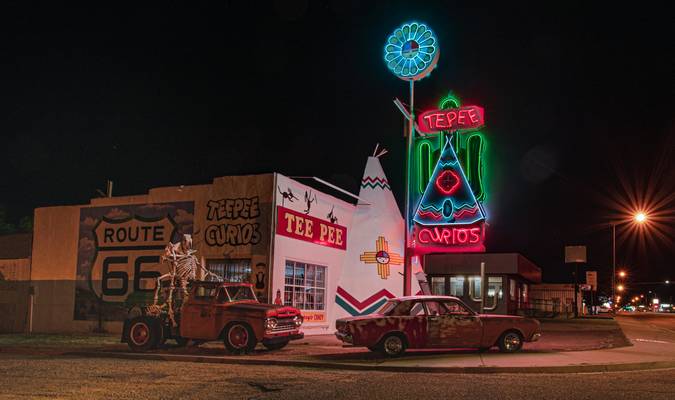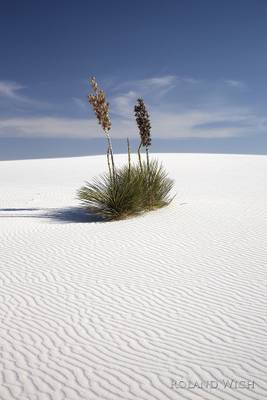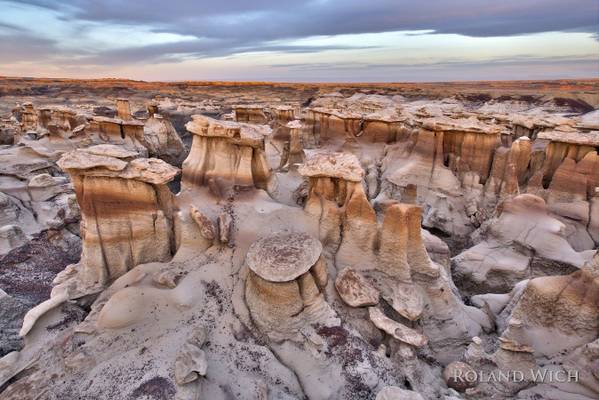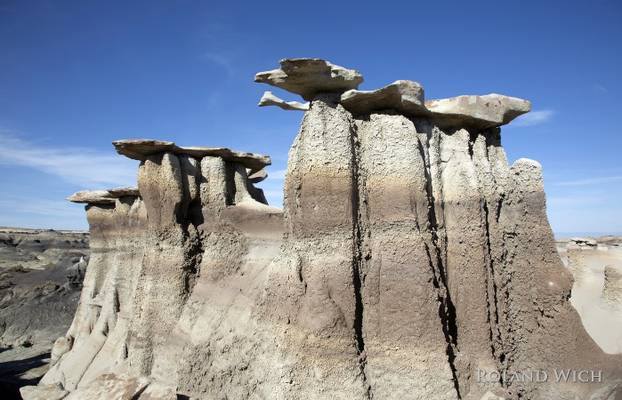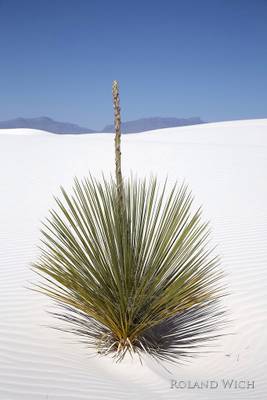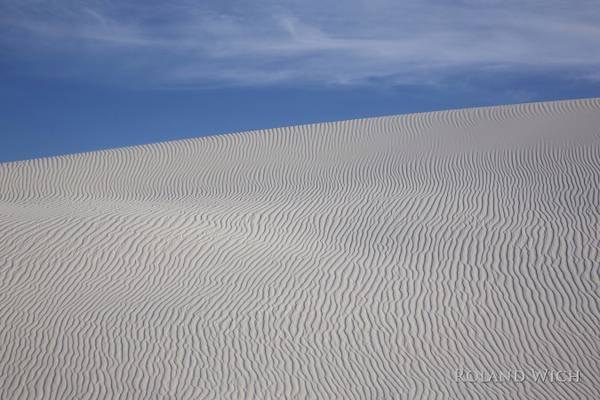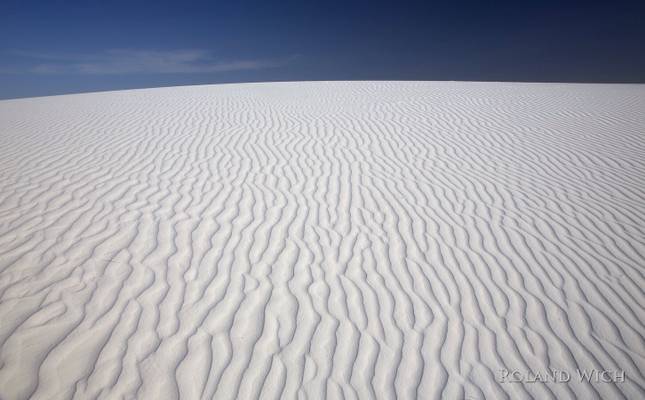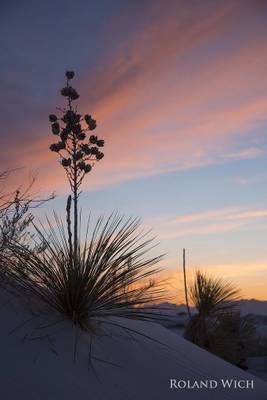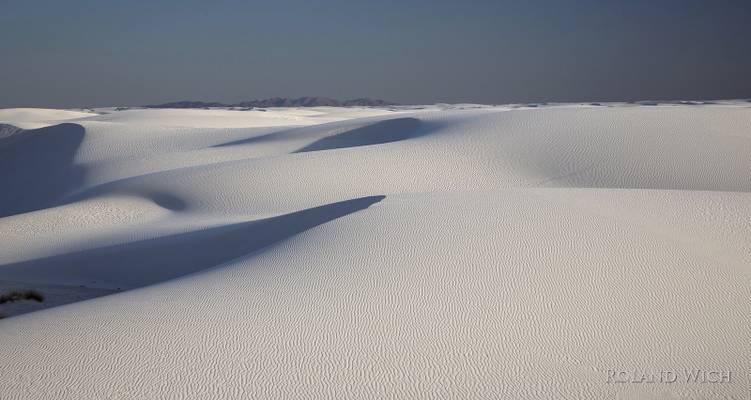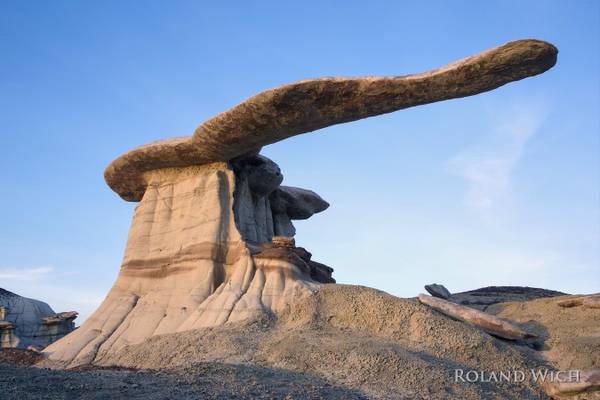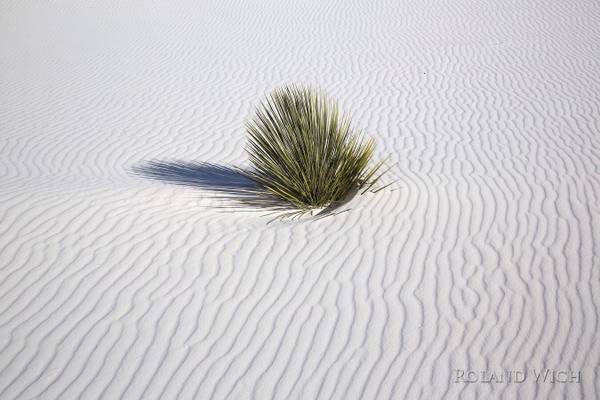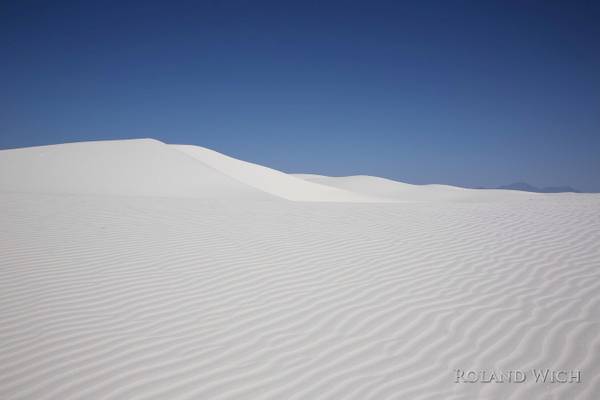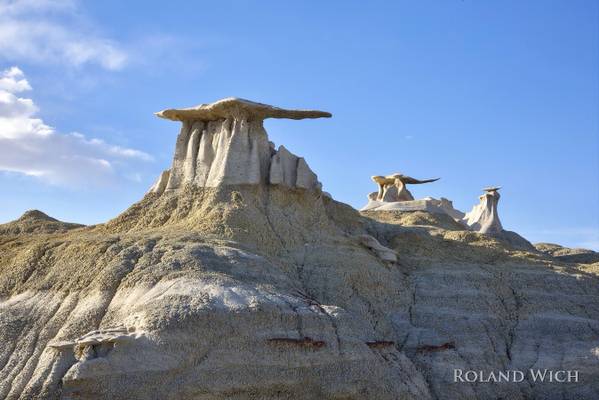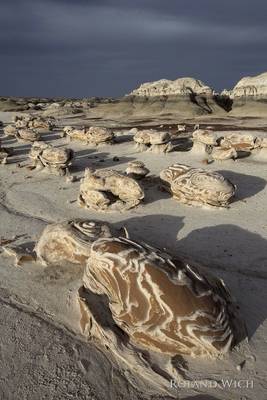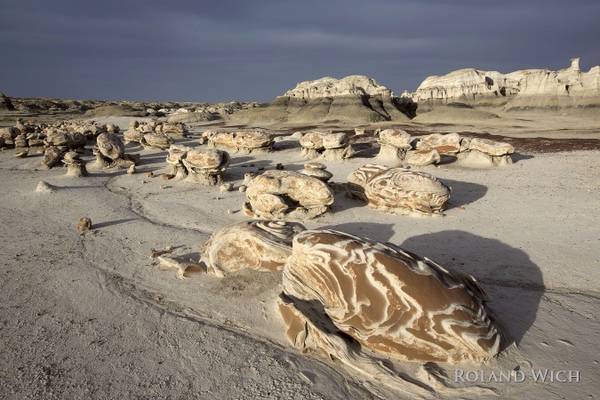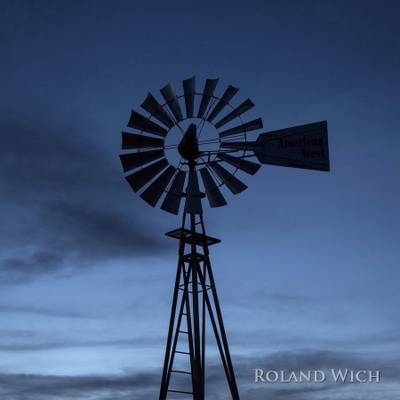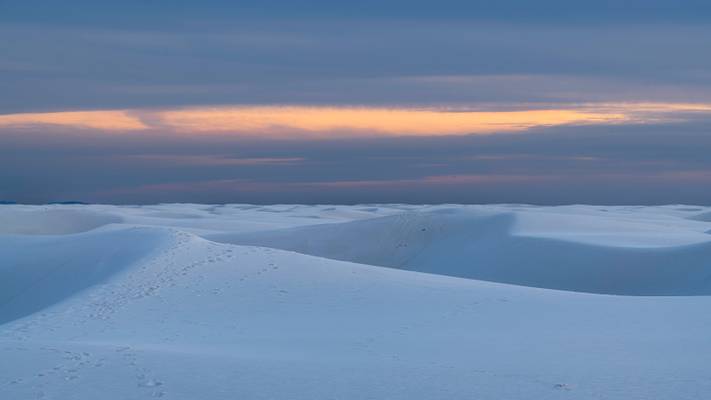
New Mexico
New Mexico is a state located in the southwestern region of the United States. Known for its diverse landscapes, rich history, and vibrant culture, New Mexico is a popular destination for photographers looking to capture stunning images of the American Southwest. From the rugged mountains and canyons of the northern part of the state to the vast deserts and mesas of the south, New Mexico offers a wealth of photography locations that are sure to inspire and captivate. Some of the most popular photography spots in New Mexico include the White Sands National Monument, the Taos Pueblo, the Rio Grande Gorge Bridge, and the Carlsbad Caverns National Park.
Photography regions of New Mexico
Photography of New Mexico

by Sandeep Thomas
- Thomas Jefferson.
|| insta || blog || photostream ||
While I have always had a fascination with telephoto lenses, I have always been reluctant to try them out for landscape photography. But while visiting White Sands National Park, I found an excellent excuse to use them as my primary landscape tool. Unfortunately, we only spent two days at this beautiful park, and I was hoping that one of those days, we would get to enjoy the brilliant skies that made the state of New Mexico famous among nature photographers. Well, it was not to be. On both days, we had overcast skies, and any color that appeared during sunset was very subdued.
Now, generally, on a location like that, I would naturally reach for my 24-70, but at White Sands, I realized that the wide-angle focal lengths would obscure the little patches of colors in the sky. The only way I could isolate the colors in the sky was by shooting my wide-angle in portrait orientation, and even then, the foreground patterns in the sand often dominated. So, in my frustration, I decided to try my 70-200, and it was the best decision of the trip. I could quickly isolate the small patches of color in the sky with the telephoto. Moreover, they allowed me to compress what looked like miles of white gypsum dunes doing their best imitation of ocean waves. I had a lot of fun shooting these telephoto landscapes all around the park, and today's image is one of the best from the lot.
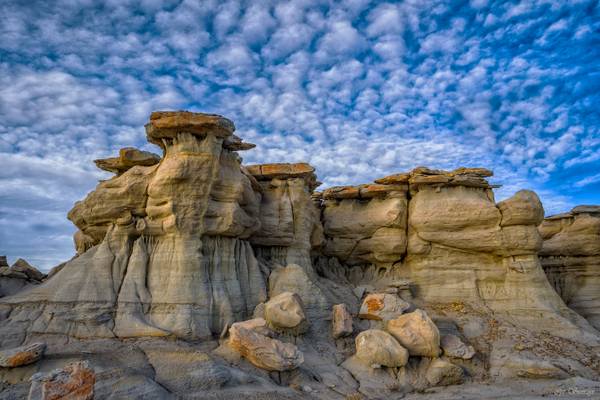
by PZ Sunrays
at New Mexico badlands
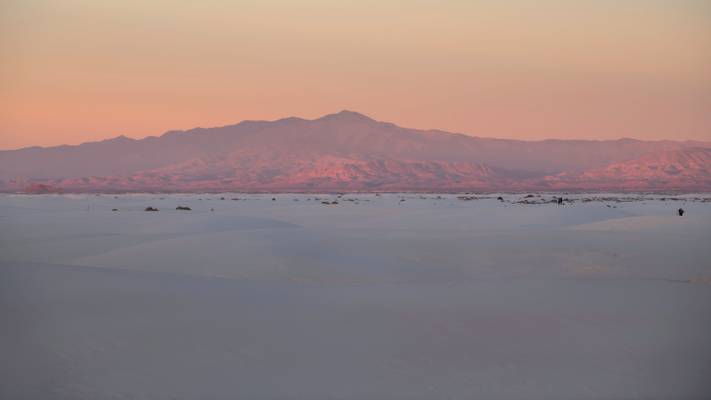
by Sandeep Thomas
- George Burns.
|| insta || blog || photostream ||
Please press “F” if you like this image.
While driving to New Mexico en-route to White Sands National Monument, I checked the weather conditions at the park as I couldn’t believe my luck. On the days we were visiting, the park was supposed to have very little wind activity with decent enough cloud cover. I was more concerned about wind as, in my experience, it can make dunes an extremely unpleasant place to be in little time. Thankfully the wind forecast was correct, but the cloud cover was way thicker than I expected, and this posed a problem at a park where contrast is hard to come by.
I took this image during a sunset at the Alkali flats trail, a rather popular trail in the park. Unfortunately, I struggled to get a contrasty foreground even on a clear day during golden hour. After applying dodge and burn to the extend I am willing to go, there is precious little contrast in the foreground, even in a well-exposed image. It was my first time experiencing something like this, and after a good bit of frantic research at the motel room, I think I came across why the White Sands are tricky to shoot. Unlike most dunes, the white color of the gypsum sand reflects any available light, brightening the shadows considerably. I was able to counter this by employing my polarizing filter, which made a lot of difference in my images.
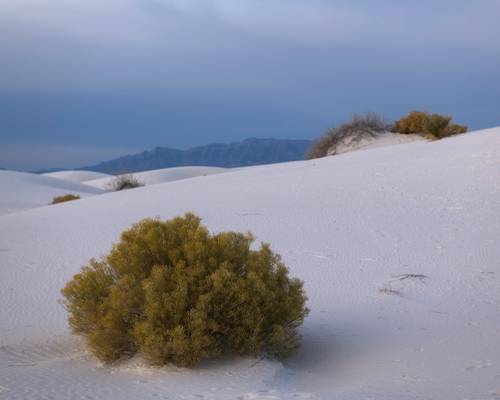
by Sandeep Thomas
- Ernest Hemingway.
|| insta || blog || photostream ||
As I planned our quick stopover at White Sands National Park, the windy conditions seemed to be a common thread in many of the information sites about the park. I was worried as it was our first extended trip with our daughter. However, it was not a concern as we enjoyed two very calm days at the park with milder temperatures. There were benefits and negatives with these weather conditions.
While the spectacular skies the park is known for were missing during the visit. The thick cloud cover made the morning light much softer, extending our time out on the dunes. I was especially fond of how the soft light helped photograph the vegetation. It was as if the dunes were acting as a giant diffuser softening the ambient light.
As a landscape photographer, f8 or 11 is my go-to aperture to keep sharpness throughout the scene, but for this image, I leveraged the wide aperture of my lens and a 70mm focal length to accentuate the gentle glow on the shrub. I love how the lens gently rendered the background out of focus.
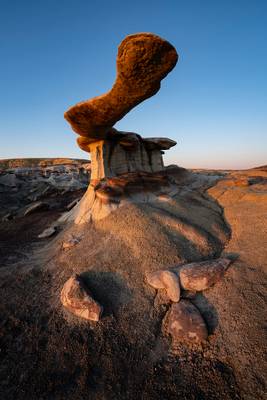
King Of Wings, one of best rock formations I have ever seen from New Mexico, USA.
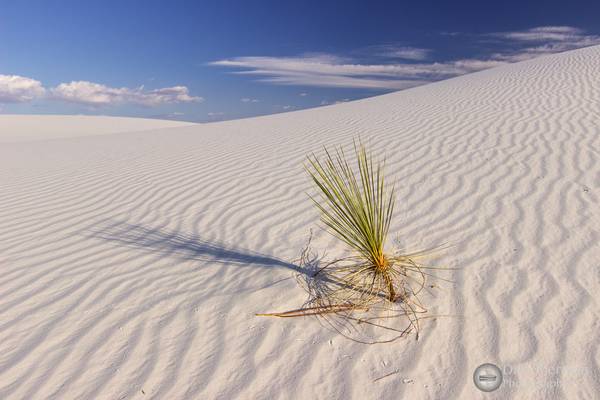
White Sands National Monument is really like visiting another world in some ways. The dunes look like sand at certain angles and in certain light,...
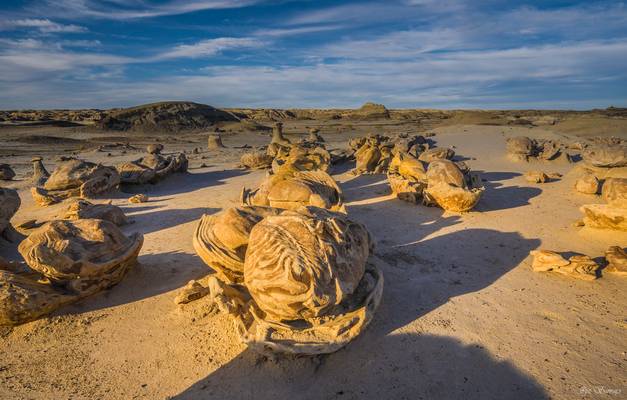
by PZ Sunrays
Cracked eggs at Bisti badlands
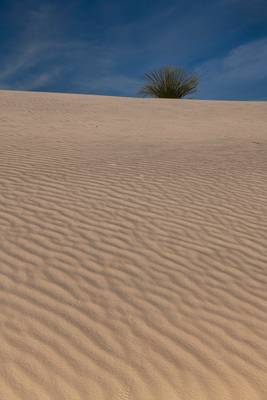
by Sandeep Thomas
- Khalil Gibran.
|| insta || blog || photostream ||
Another one of my attempts at minimalist photography from White Sands National Park. The most complex challenge was to isolate interesting elements into an exciting composition. Since we visited during a time of unusually calm winds at the park finding unspoiled dunes was quite tricky. Another realization I had when hunting for unspoiled dunes is that you have to be careful of where you step as a couple of times, my footprints ended up spoiling a couple of good compositions.
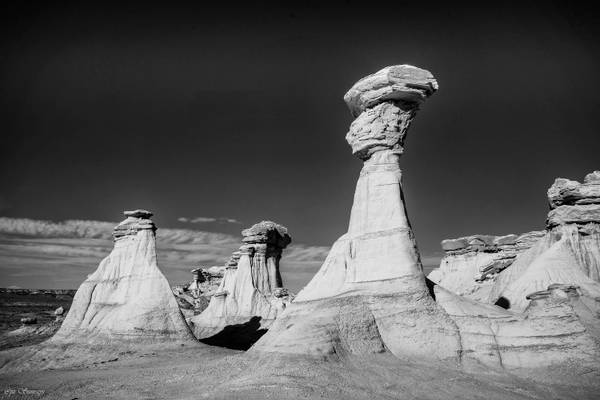
by PZ Sunrays
The Bisti Wilderness area is a rolling landscape of badlands. Time and natural elements have etched a fantasy world of strange rock formations made of interbedded sandstone, shale, mudstone, coal, and silt. The weathering of the sandstone forms hoodoos - weathered rock in the form of pinnacles, spires, cap rocks, and other unusual forms. Fossils occur in this sedimentary landform. Translated from the Navajo language, Bisti means "a large area of shale hills."
Excerpt from www.blm.gov/visit/bisti-de-na-zin-wilderness
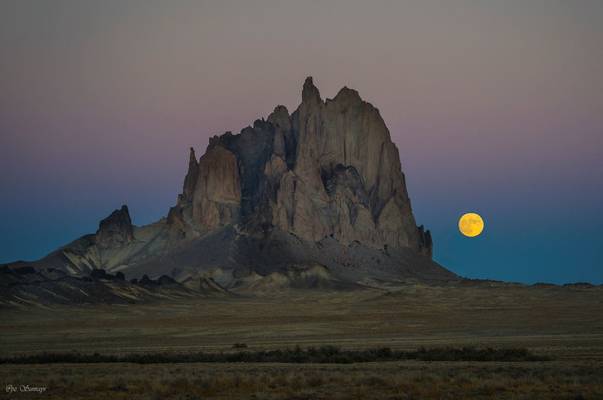
by PZ Sunrays
Shiprock, with its wings (also known as Winged Rock), is the remnant of an explosive volcanic eruption that occurred around 30 million years ago, and a monadnock rising nearly 1,583 feet (482.5 m) above the high-desert plain of the Navajo Nation in San Juan County, New Mexico. Its peak elevation is 7,177 feet (2,187.5 m) above sea level.
Governed by the Navajo Nation of native American, the formation is in the Four Corners region and plays a significant role in the religion, myth, and traditions to the Navajo people. It is the most prominent landmark in northwestern New Mexico. In 1975, Shiprock was designated as a National Natural Landmark by the National Park Service.
--Excerpt from Wikipedia
Note: tried the app PlanIt, and managed it to show me the time and location when/where moon will rise. Somehow I doubted about it. I was wrong. The moon rose exactly from the location PlanIt showed. What an amazing app :-)
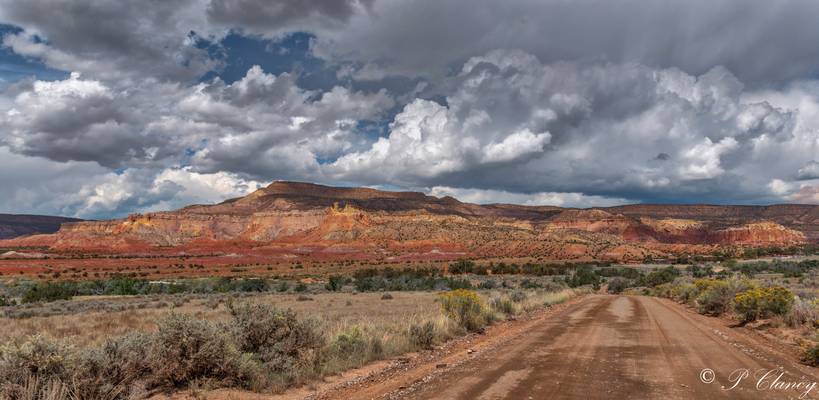
by Patrick Clancy
Where artist Georgia O'keeffe lived and painted many of her famous landscapes
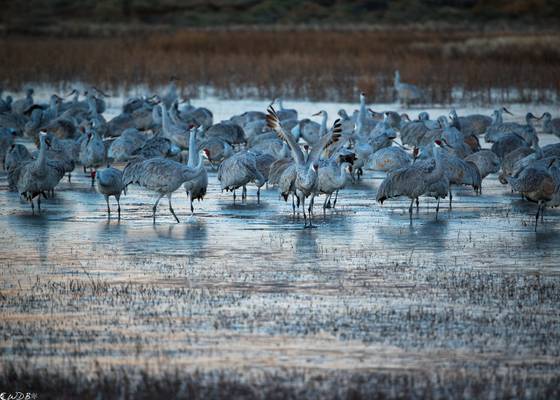
Sandhill cranes (Grus canadensis) begin to stir after a cold night in a frozen pond at Bosque del Apache. The pond is a safe haven from their...
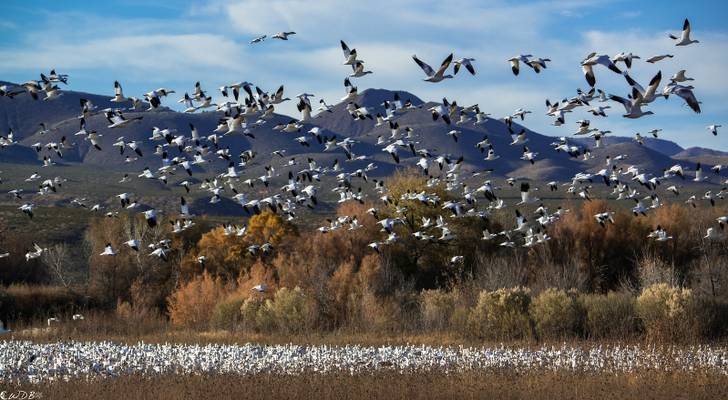
Snow Geese (Chen caerulescens) take off en masse from a pond in Bosque del Apache NWR, central New Mexico. More than 30,000 of these geese winter at...
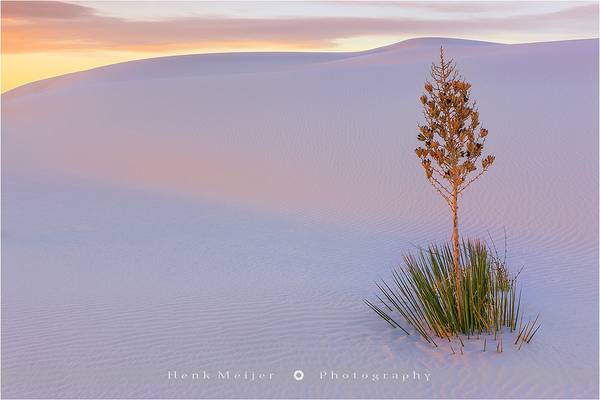
White Sands National Monument, near Alamogordo, New Mexico, consist of white gypsum or selenite sand dunes and forms part of the 270 square mile...
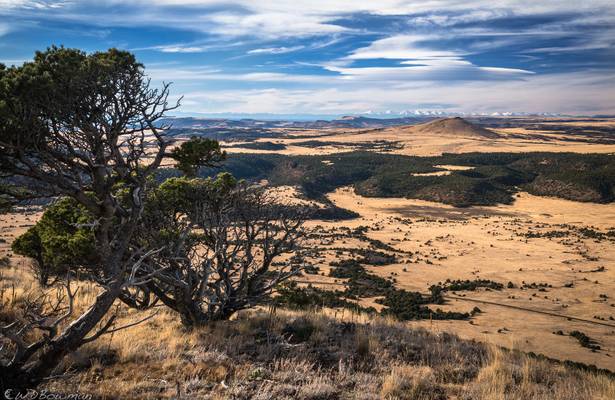
The view from the rim of Capulín Volcano in northeastern New Mexico looking west-northwest toward the snow-covered Culebra section of the Sangre de...
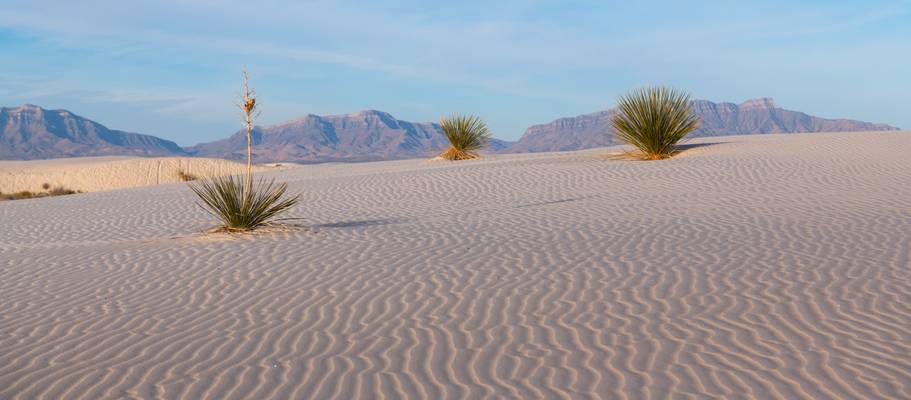
by Sandeep Thomas
- William Shakespeare.
|| insta || blog || photostream ||
Please press “F” if you like this image.
The moment we entered the White Sands National Park, I knew I wanted an image with the delicate patterns in the sand. It turned out harder than expected. The park, known for wind, was serene during our visit. So footmarks stayed on overnight, and it also meant I had to hike quite deep into the dunes to get decent unbroken patterns. While hunting for a composition, I had the idea to make the composition a bit more interesting by adding some more familiar items from the landscape.
The mountain to the west of the park is a dominant feature that immediately caught my eye, and I decided to use it as my background. With their elongated stems, these Yucca plants were the other elements of the park that I wanted to add to my image. As mentioned earlier, this made the search a bit trickier, but my perseverance paid off. The final image is a simple 16:9 aspect ratio composition with the tripod placed low.
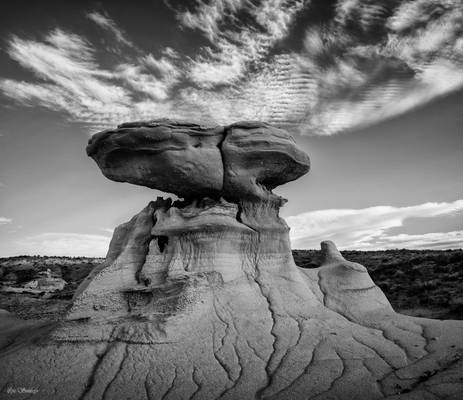
by PZ Sunrays
...Badlands hoodoo
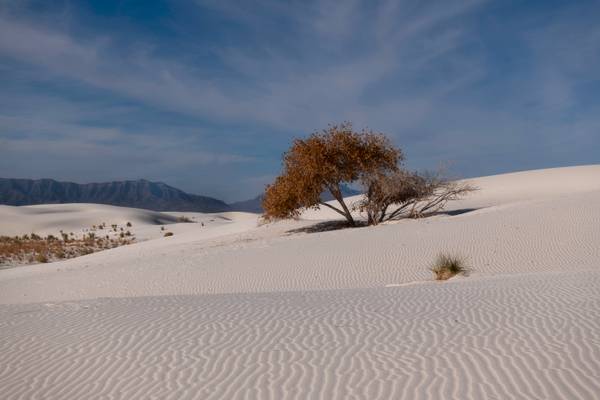
by Sandeep Thomas
- Lao Tzu.
|| insta || blog || photostream ||
Please press “F” if you like this image.
It's been a crazy few days with an unexpected job change and my sister suddenly dropping in for a visit that I didn’t get much time to spend on photos. We have managed quite a few trips in the last couple of months, and I am already behind processing them. However, I finally managed to take some time and sort through the photos from White Sands National Park. I hope to post more images from that stunning destination in the next couple of days.
Today’s subject is again the lone tree of White Sands that I managed to find in one of my hikes. I was unhappy with the first day’s image of the tree and returned to it repeatedly, hoping for better light. It turns out that’s the best thing I did during the trip. I managed to capture images of the tree in dramatically different settings. While I have returned to locations before, it was the first time I did so within days, and it surprised me how different the area looked each time I went there. It seems like it would be a practice I will be adding to my travel photography techniques.
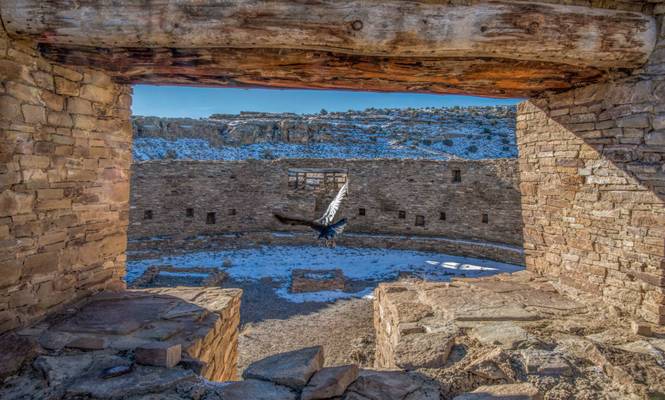
by Andrew Kearns
This Raven followed me around as I went from site to site early in the morning. I got lucky when photographing Rinconada when it flew directly into the center of the frame. I was ready with the finger!
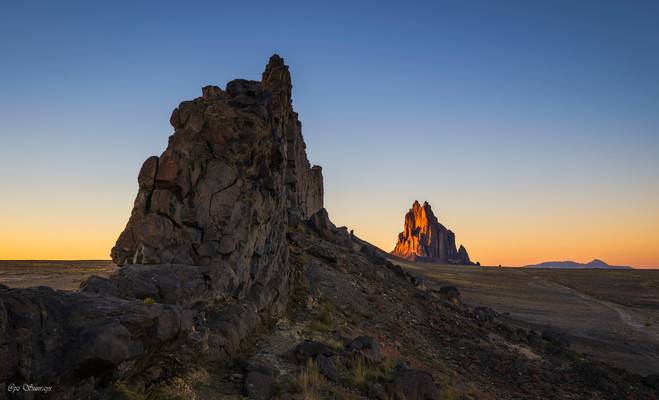
by PZ Sunrays
Shiprock is also known as Rock With Wings because there are numerous volcanic dykes radiated out from it. Looking from one end of its wings, their shapes seemed echoing with Shiprock.
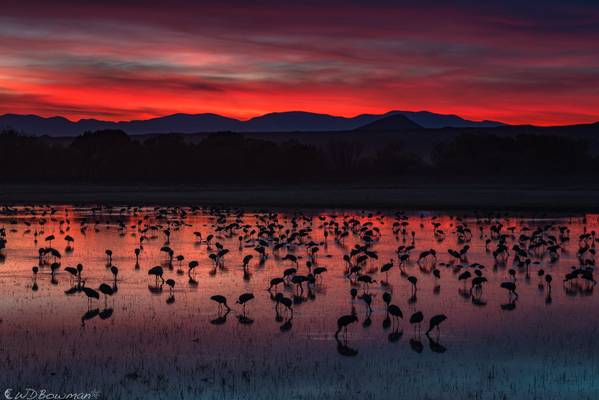
... for all you deep purple fans
A gorgeous New Mexico sunset graces the sky above a flooded field of indifferent Sandhill cranes, heads in the...
Thanks to all Phoide contributors to New Mexico!
Most notably PZ Sunrays, Sandeep Thomas and Patrick Clancy.
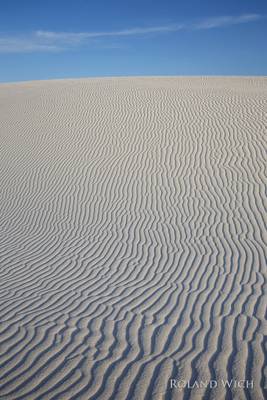
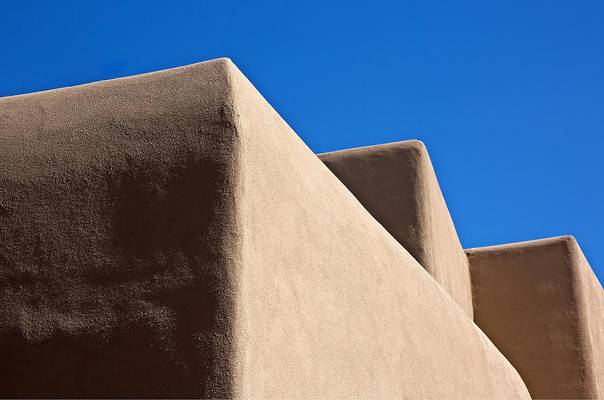
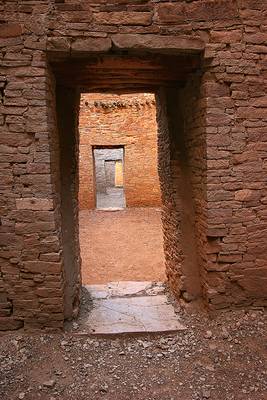
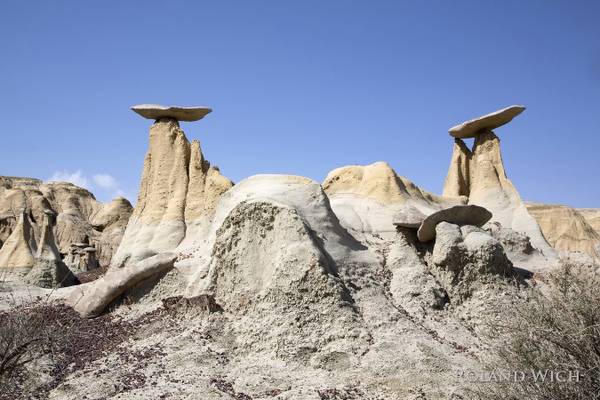



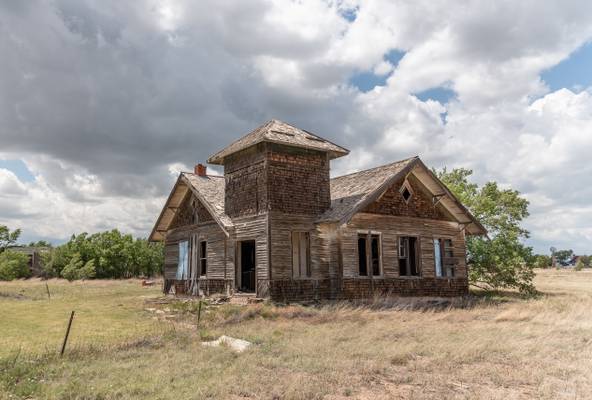
![White Sands National Monument [2958x3944][OC]](https://cdn.phoide.com/Thumbs/25857761258.jpg)
